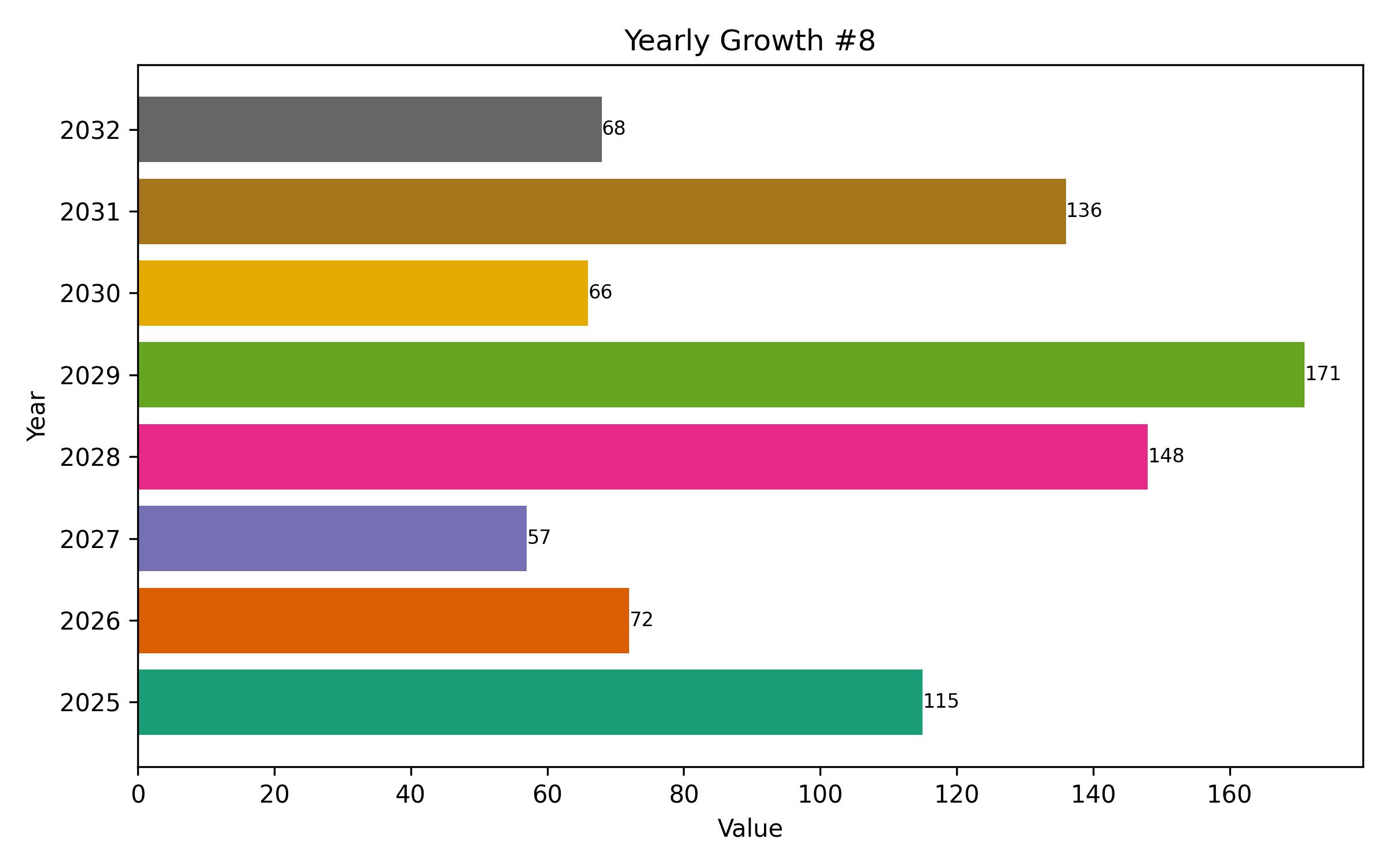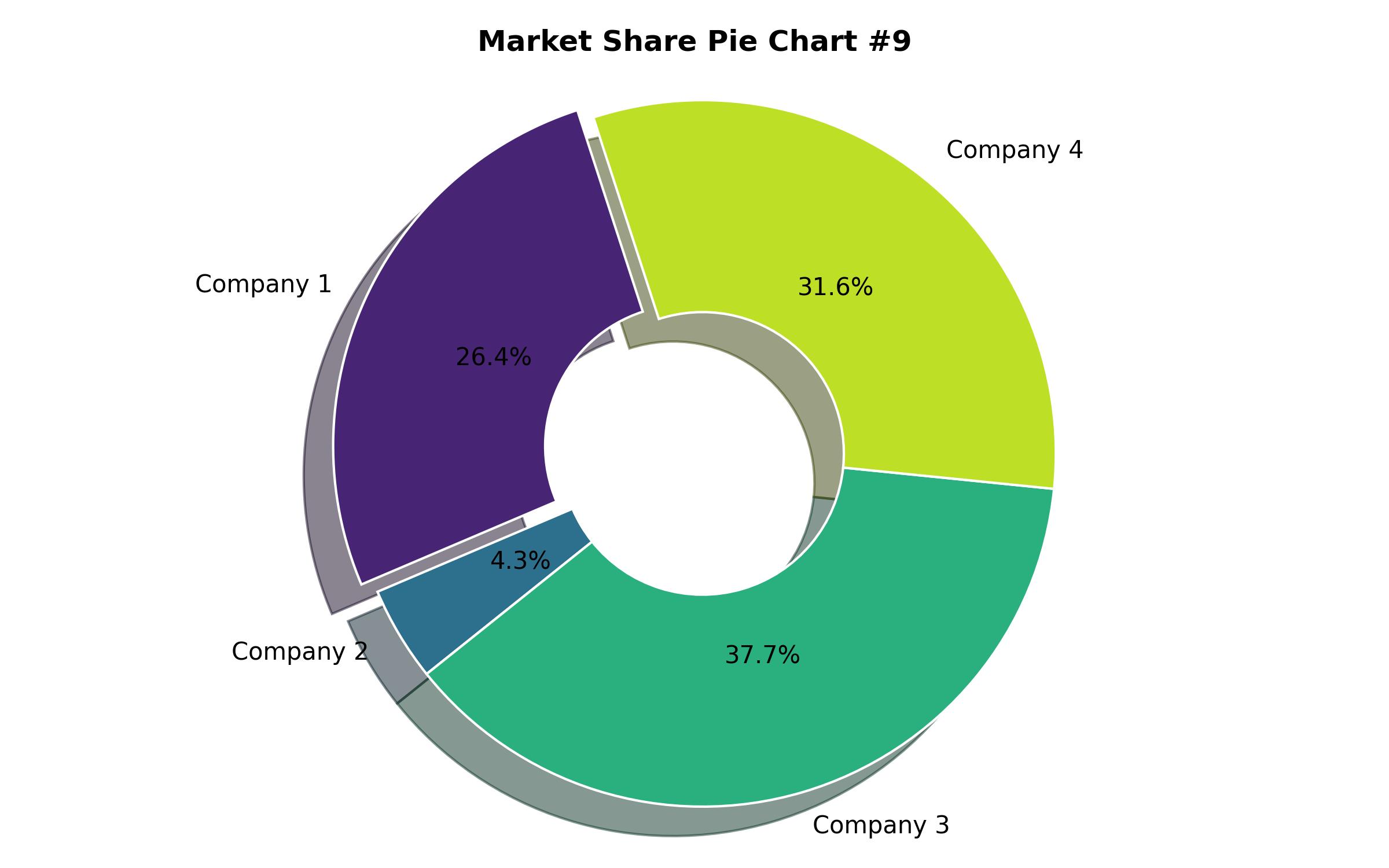South Korea Stevia Industry Analysis by Extract Type and Application Forecast for 2035
Overview:
The South Korean stevia market is expected to reach USD 18.5 million value in 2025. The industry is projected to expand at a compound annual growth rate of 9.7% from 2025 to 2035, achieving an estimated value of USD 45.9 million by the end of the forecast period.
Robust industry expansion is being driven by the increasing demand for natural, low-calorie, and healthier sweetener options. As consumer awareness about the health risks associated with excessive sugar consumption, such as obesity, diabetes, and cardiovascular issues, grows, a significant shift towards health-conscious food choices is occurring within Korea.
The long-recognized health hazards of traditional sugar consumption have led many consumers to seek alternative sweeteners that offer sweetness without the caloric impact. Stevia, a botanical sweetener derived from the leaves of the Stevia rebaudiana plant, has emerged as a preferred alternative due to its calorie-free nature, low glycemic index, and perceived superiority over artificial sweeteners and conventional sugar.
Consequently, this botanical derived product is increasingly being incorporated into a wide array of food applications, spanning from beverages and dairy products to baked goods and processed items, reflecting its growing acceptance and versatility.
Beyond evolving consumer preferences, initiatives by the Korean government aimed at promoting healthier dietary habits have played a crucial role in bolstering industry development. Stevia extract has received regulatory approval for use in food and beverage products within South Korea, further facilitating its broader application across the sector.
As statutory measures and public health campaigns encourage a move towards healthier eating, food manufacturers are finding it essential to integrate natural ingredients such as this plant-based sweetener into their product formulations to attract and retain health-aware consumer segments.
Furthermore, global inclinations towards clean-label products and plant-derived ingredients have influenced the South Korean food and beverage landscape, aligning well with the expanding industry for botanical sweeteners. The sustained trend towards natural and organic components, coupled with a focus on ethical and sustainable sourcing practices, is propelling this industry’s expansion.
With these trends expected to continue, the plant-derived sweetener is poised to become a fundamental ingredient in the South Korean food industry, offering consumers a viable and healthier option for reducing their sugar intake.

| Report Attribute | Details |
|---|---|
| Market Size in 2025 | USD 18.5 million |
| Revenue Forecast for 2035 | USD 45.9 million |
| Growth Rate (CAGR) | 9.7% from 2025 to 2035 |
| Base Year for Estimation | 2024 |
| Historical Data | 2019 – 2024 |
| Forecast Period | 2025 – 2035 |
| Quantitative Units | Revenue in USD million and CAGR from 2025 to 2035 |
| Report Coverage | Revenue forecast, company market share analysis, competitive landscape mapping, growth drivers, and market trends |
| Covered Segments | By extract type, by end-use industry |
| Regional Scope | South Korea |
| Country Scope | South Korea |
| Key Companies Analyzed | Daepyung, Cargill Incorporated, Ingredion Incorporated, Koninklijke DSM NV, Tate and Lyle Plc., Sunwin International, Inc., GLG Life Tech Corp, Evolva Holding SA Nemours & Co, Archer Daniels Midland Company |
| Customization Options | Free report customization (up to 8 analysts working days) with purchase. Changes to country, regional, and segment scope |
| Pricing and Purchase Options | Customizable purchase options for tailored research needs |

Report Coverage & Deliverables
- Market Trends And Dynamics
- Competitve Benchmarking
- Historical data and forecasts
- Value/Volume analysis
- Company revenue shares and key strategies
- Regional opportunities
This is an indicative segmentation. Please request a sample report to see detail segmentation of this market.
Detailed Market Segmentation
- By Extract
- Powder
- Liquid
- By End-use Industry
- Food & Beverages
- Pharmaceuticals
- Cosmetics & Personal Care
Table of Content
- Executive Summary
- Market Overview and Dynamics
- Key Trends Driving the Market
- Stevia Industry Historical Analysis (2019-2024)
- Stevia Industry Forecast Analysis (2025-2035)
- Pricing Benchmarks and Analysis
- Industry Value Analysis (USD Million) (2019-2024)
- Industry Background
- Impact of Government Policies
- Regulatory Framework
- Industry Analysis by Extract Type (2019-2035)
- Analysis of Powdered Extract Segment
- Analysis of Liquid Extract Segment
- Industry Analysis by End-use Industry (2019-2035)
- Stevia Use in Food & Beverages
- Stevia Use in Pharmaceuticals
- Stevia Use in Cosmetics & Personal Care
- Competitive Landscape Overview
-
Industry Share Analysis by Key Companies
- Industry Player Profiles and Offerings
- Strategic Initiatives of Leading Companies
- Evaluation of Market Risks
- Research Methodology
- Assumptions and Definitions
- Sources and Data Collection
